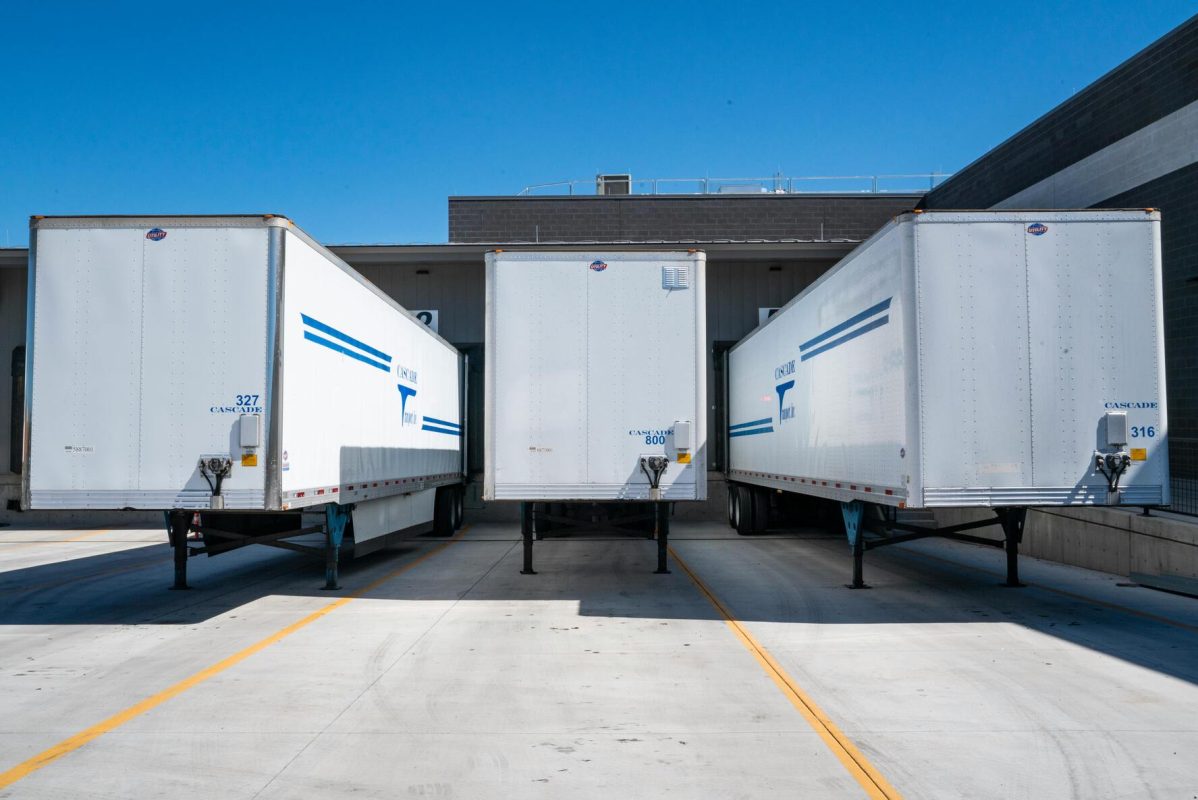Opening bankruptcy proceedings, rights and obligations of enterprises and creditors
With the effects of the economic recession, many enterprises were forced to choose bankruptcy when they lost their ability to pay. The status of enterprises declaring bankruptcy has made many third parties such as partners, suppliers, and employees worried, along with the legal consequences when creditors may be unable to recover debts. This creates a context where each enterprise and manager need to clearly understand the legal regulations on bankruptcy and the consequences when an enterprise goes bankrupt to have a method of debt settlement and cut losses to minimize damages.
The article below will share with you the legal picture of “bankruptcy” so that you, as a creditor or debtor, will understand the regulations on bankruptcy.

1. What is bankruptcy? And when does an enterprise declare bankruptcy?
According to the law, “Bankruptcy” is understood as the status in which an enterprise or cooperative becomes insolvent and is declared bankruptcy by the People’s Court. Thus, the enterprise is only considered bankrupt when it is declared bankruptcy by the Court. However, bankruptcy proceedings are different from other enterprises’ operating status such as suspension or dissolution in terms of who has the right and obligation to apply.
Accordingly, the subjects who have the right to apply to request the Court to open bankruptcy proceedings are not only the debtor, but also creditors and related third parties. Because of the wide range of subjects having the right to apply for bankruptcy, after a long process of unsuccessful debt collection, many creditors have applied to open bankruptcy proceedings against their debtors.
2. Who has the right and obligation to submit a written request to open bankruptcy proceedings?
Applying for bankruptcy proceedings is not only the creditor’s right but also the related parties’ obligation.
Accordingly, the following individuals and organizations have the right to apply for opening business bankruptcy proceedings:
- Unsecured creditors and partially secured creditors have the right to submit a written request to open bankruptcy proceedings at the end of 03 months from the due date of the debt and the enterprise or cooperative fails to fulfill its payment obligation.
- Employees, grassroots trade unions, and direct superior grassroots trade unions in places where grassroots trade unions have not yet been established have the right to submit a written request to open bankruptcy proceedings at the end of 3 months from the date of paying salaries and other debts due to employees but enterprises and cooperatives fail to fulfill their payment obligations.
Bankruptcy proceedings are complicated, so creditors will usually choose to proceed in court instead of requesting bankruptcy. However, it often takes quite a long time to collect debt through court proceedings, this comes from the volume of cases that the Court must receive and the goodwill of the debtor… Therefore, in some cases where the creditor determines that the debtor actually has the ability to pay but deliberately does not pay, the debtor shows signs of dispersing assets, the settlement process by the proceeding authority does not make the debtors afraid, some debtors request the court to open bankruptcy proceedings.
Regarding the obligation to apply for opening bankruptcy proceedings, the law regulates that the following individuals are obliged to submit an application to open bankruptcy proceedings to the Court to ensure the rights of creditors, specifically:
- The legal representative of an enterprise or cooperative is obliged to submit a written request to open bankruptcy proceedings when the enterprise or cooperative becomes insolvent;
- Owner of a private enterprise, Chairman of the Board of Directors of a joint stock company, Chairman of the Board of Members of a multi-member limited liability company, owner of a one-member limited liability company, General partners of a partnership are obliged to submit a written request to open bankruptcy proceedings when the enterprise becomes insolvent;
- A shareholder or group of shareholders owning 20% or more of common shares for at least 6 consecutive months has the right to submit a written request to open bankruptcy proceedings when the joint stock company becomes insolvent. A shareholder or group of shareholders owning less than 20% of the common shares for at least 6 consecutive months has the right to submit a written request to open bankruptcy proceedings when the joint stock company becomes insolvent if it is regulated in the Company Charter;
- Cooperative’s members or legal representatives and members of cooperative federation have the right to apply for opening bankruptcy proceedings when the cooperative or cooperative federation becomes insolvent.
3. What business activities are enterprises allowed to carry out after opening bankruptcy proceedings?
Applying for opening bankruptcy proceedings is only the first step for the Court to review the enterprise’s operating status. The court will take the necessary steps to gather creditors at the Creditors’ Meeting and carry out business recovery procedures. Originating from the severe legal consequences when an enterprise is declared bankrupt, it will lead to a series of other creditors falling into a situation of failing to recover debts, and sometimes it will indirectly lead to a situation that the creditors must dissolve, or the next insolvent party. Therefore, even after opening bankruptcy proceedings, enterprises are allowed to carry out business activities but must be under the supervision of Judges and Asset Management Officer and enterprise.
In case the legal representative of the enterprise or cooperative is incapable of operating, or the enterprise or cooperative shows signs of violation, the Judge shall issue a decision to change the legal representative of the enterprise or cooperative at the request of the Creditors’ Meeting or the Asset Management Officer or Enterprise.
In addition to being allowed to carry out business activities, enterprises will be prohibited from carrying out a number of activities after the decision to open bankruptcy proceedings, specifically:
Hiding, dispersing, or donating property; Paying unsecured debts, except for unsecured debts arising after opening bankruptcy proceedings and paying salaries to employees in the enterprise; Waiving the right to collect debt; Converting unsecured debt into secured debt or debt partially secured by assets of the enterprise or cooperative. In case the enterprise still carries out the transaction, the transactions will be considered invalid.
Time of writing: 27/07/2023
The article contains general information which is of reference value, in case you want to receive legal opinions on issues you need clarification on, please get in touch with our Lawyer at info@cdlaf.vn

Why choose CDLAF’s service?
- We provide effective and comprehensive legal solutions that help you save money and maintain compliance in your business;
- We continue to monitor your legal matters even after the service is completed and update you when there are any changes in the Vietnamese legal system;
- Our system of forms and processes related to labor and personnel is continuously built and updated and will be provided as soon as the customer requests it;
- As a Vietnamese law firm, we have a thorough understanding of Vietnam’s legal regulations, and grasp the psychology of employees, employers, and working methods at competent authorities;
- CDLAF’s team of lawyers has many years of experience in the field of labor and enterprises, as well as human resources and financial advisory.
- Strict information security procedures throughout the service performance and even after the service is completed.
You can refer for more information:
- Guidelines for holding the General Meeting of Shareholders in accordance with the law (Part 1)
- 8 important new points regarding Work Permit which take effect from September 18, 2023
- Labor contract or personal consulting service contract
- Termination of the operation of foreign traders’ representative offices
- What should enterprises keep in mind when dismissing employees?
- Conditions that foreign investors must meet when making investments in Vietnam










